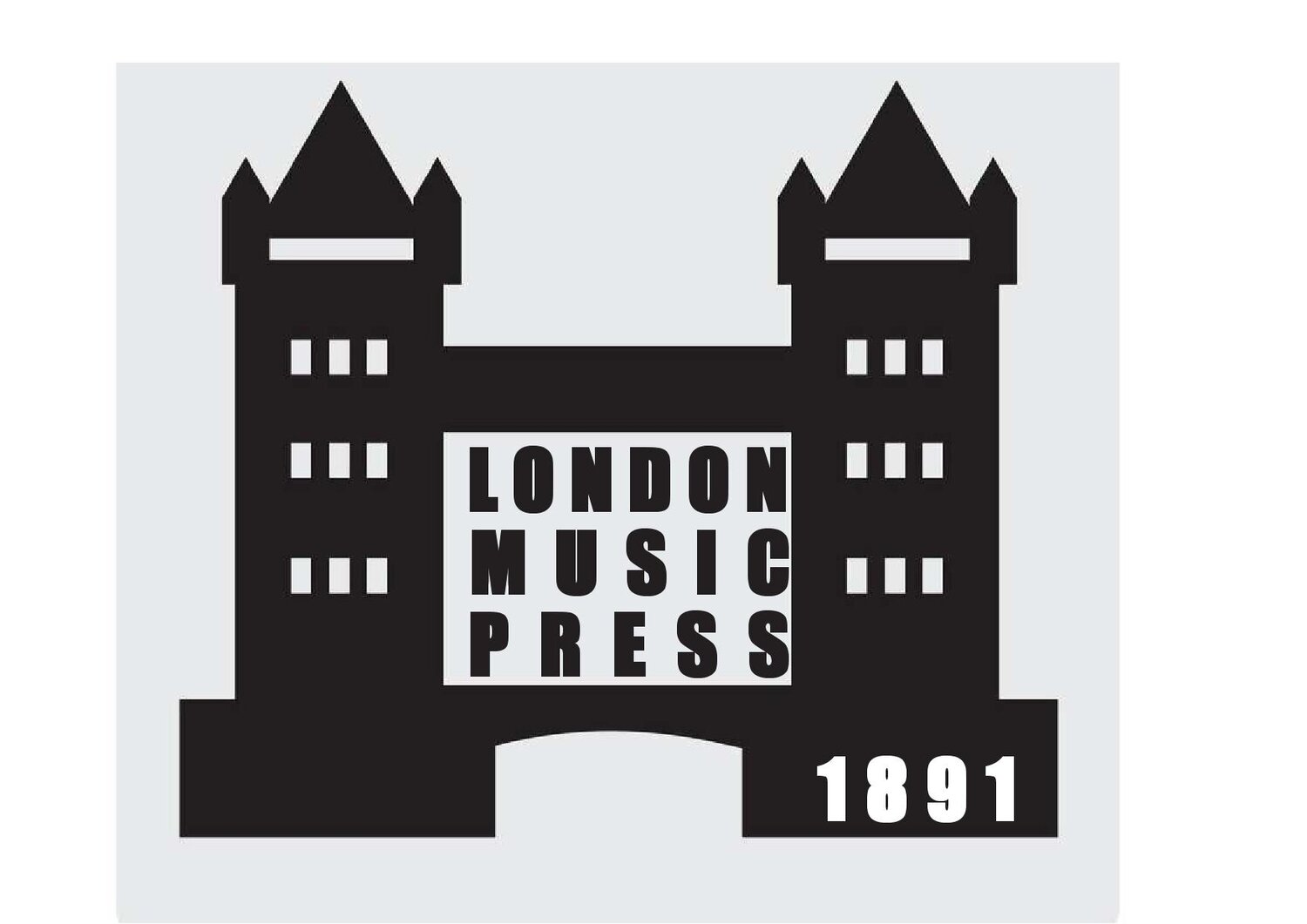Cyril Rootham
In his lifetime a highly respected Cambridge academic and composer of national importance, Rootham was not only recognised for his choral works but his versatility in symphonic, chamber and vocal music. A substantial body of songs along with a wide ranging orchestral output saw performances at the BBC Proms and across the country. However it is in his choral works his reputation survived in a selection of works for church and in the championing of his compositions by those who studied under him such as Denys Pouncey and those who recognised the unique quality of his work in the form of Vernon Handley and Richard Hickox.
A confirmed establishment figure in his background and the form of his output, he was however very much an individual in his approach to harmony and form. His work would frequently merge forms, such as sonata and rhapsody to create a free flowing texture that eschewed more formalist conventions. Even his symphonies, while adopting a form familiar to his predecessors Stanford and Parry look forward to the freer tonalities of Walton and Arnold. He was particularly remembered by his students such as Arthur Bliss for expert skill in inventive and clear orchestration. His greatest achievement may be the ambitious and totally original setting of the Ode on the Morning of Christs Nativity from 1928.
Stewart Thompson.
Critical Writings
Rootham is one of the featurec composers in the dissertation Prejudice in English Music by Stewart Thompson.
Biography
For a brief biography see here
Rootham at Cambridge University 1916.
Reproduced by permission of the Cyril Rootham website at www.rootham.org"
Links
www.rootham.org - The online home of the Rootham family for everything Rootham. Maintained by his grandson Dan Rootham this contains a major catalogue covering the entire of rootham’s published output

